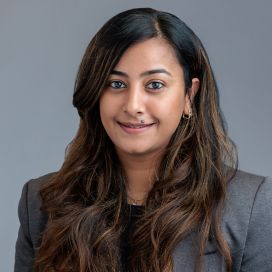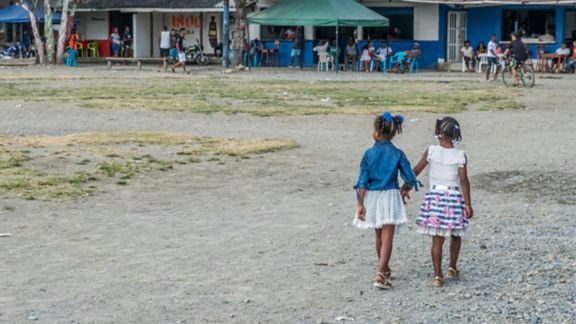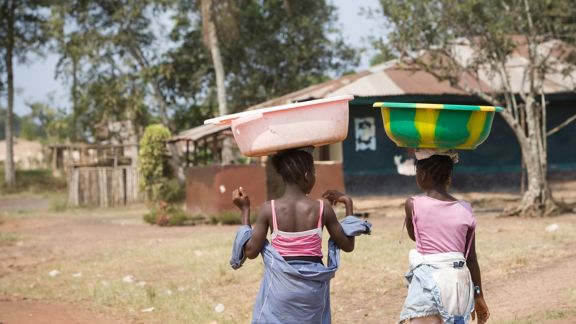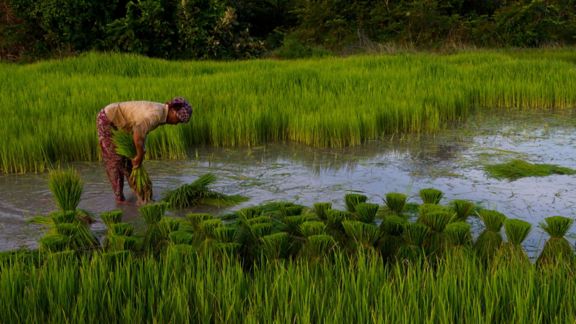Endline Impact Evaluation of GAFPS Cambodia AMRU Project
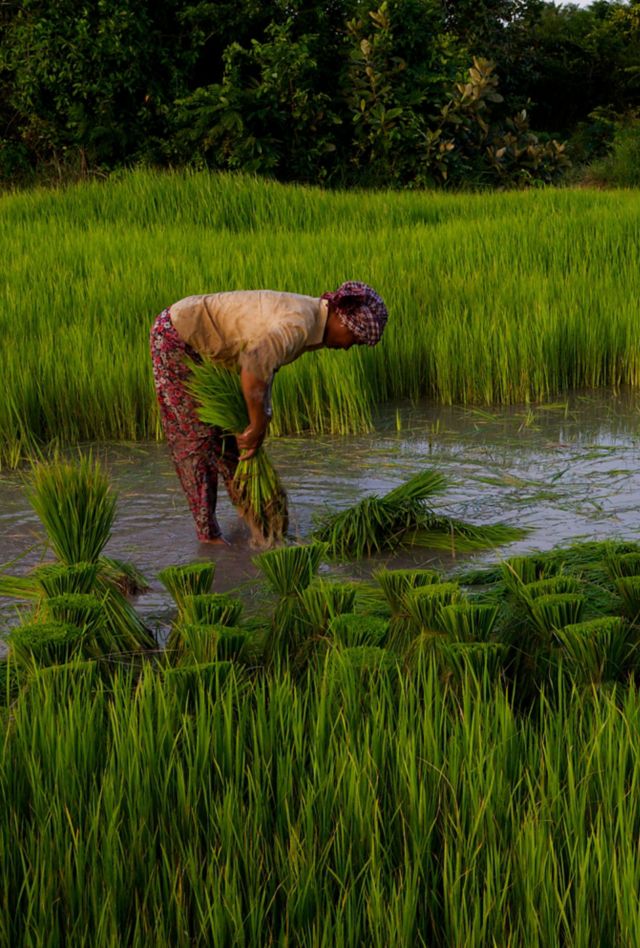
Problem
Development organizations need evidence on whether their investments in Cambodia’s rice industry improve the lives of small-scale farmers.
Rice farming is the backbone of Cambodia’s agricultural sector, providing livelihoods for about 70 percent of the population. Despite Cambodia’s rice winning international quality awards, many small-scale farmers struggle with low incomes and limited access to reliable markets. To address these challenges, the International Finance Corporation invested $10 million in AMRU Rice, a leading Cambodian rice processor and exporter.
The investment aimed to help AMRU expand its operations, work directly with more farmer groups, and develop specialty rice products like organic rice. The company also provided training on better farming practices. Following the baseline evaluation NORC conducted in 2020-2021, a rigorous endline assessment is needed to determine:
- Did these efforts improve farmers’ lives?
- Did incomes increase?
- Did food security improve?
- Did women farmers benefit equally?
Solution
NORC is conducting a matched difference-in-difference evaluation to measure the impact of AMRU’s expanded operations.
NORC is returning to the same farming communities we first studied in 2020-2021 to track changes over time. Our approach compares two groups of farmers: those working with AMRU and similar farmers who aren’t part of the program. By measuring the differences in how these two groups have fared over five years, we can identify the specific impacts of the AMRU investment.
Our research team will revisit approximately 1,300 farm households across multiple Cambodian provinces who were interviewed in the baseline survey. We’ll gather information on crop yields, household income, poverty levels, food security, and the role of women in farming and household decisions. This data collection combines household surveys with group discussions and interviews with farmers, company representatives, and other key stakeholders.
This dual approach allows us to not only measure what has changed but also understand why these changes occurred and how the program worked in practice. By talking directly with farmers, we can uncover unexpected benefits or challenges that might not be captured in the survey numbers alone.
Our team will produce a comprehensive report analyzing whether participating farmers experienced better harvests, higher incomes, reduced poverty, improved food security, and greater decision-making power for women. We’ll also examine whether certain groups—such as women farmers or lower-income households—benefited more or less than others.
Result
Our findings will deliver evidence-based insights on how best to support smallholder farmers through private sector partnerships.
This study will provide robust evidence on whether investments in agricultural businesses like AMRU Rice translate into meaningful benefits for small-scale farmers. The findings will help international development organizations, governments, and private investors make more informed decisions about similar initiatives in Cambodia and other countries.
The lessons learned from this evaluation will contribute to a growing body of knowledge about effective approaches to supporting small-scale farmers through market-based solutions. This information is crucial for designing future programs that can deliver sustainable improvements in rural livelihoods across the developing world.
Related Tags
Project Leads
-
Santadarshan Sadhu
Principal Research ScientistProject Director -
Anna Solovyeva
Research ScientistSenior Researcher -
Ridhi Sahai
Research ScientistQualitative Research Expert





